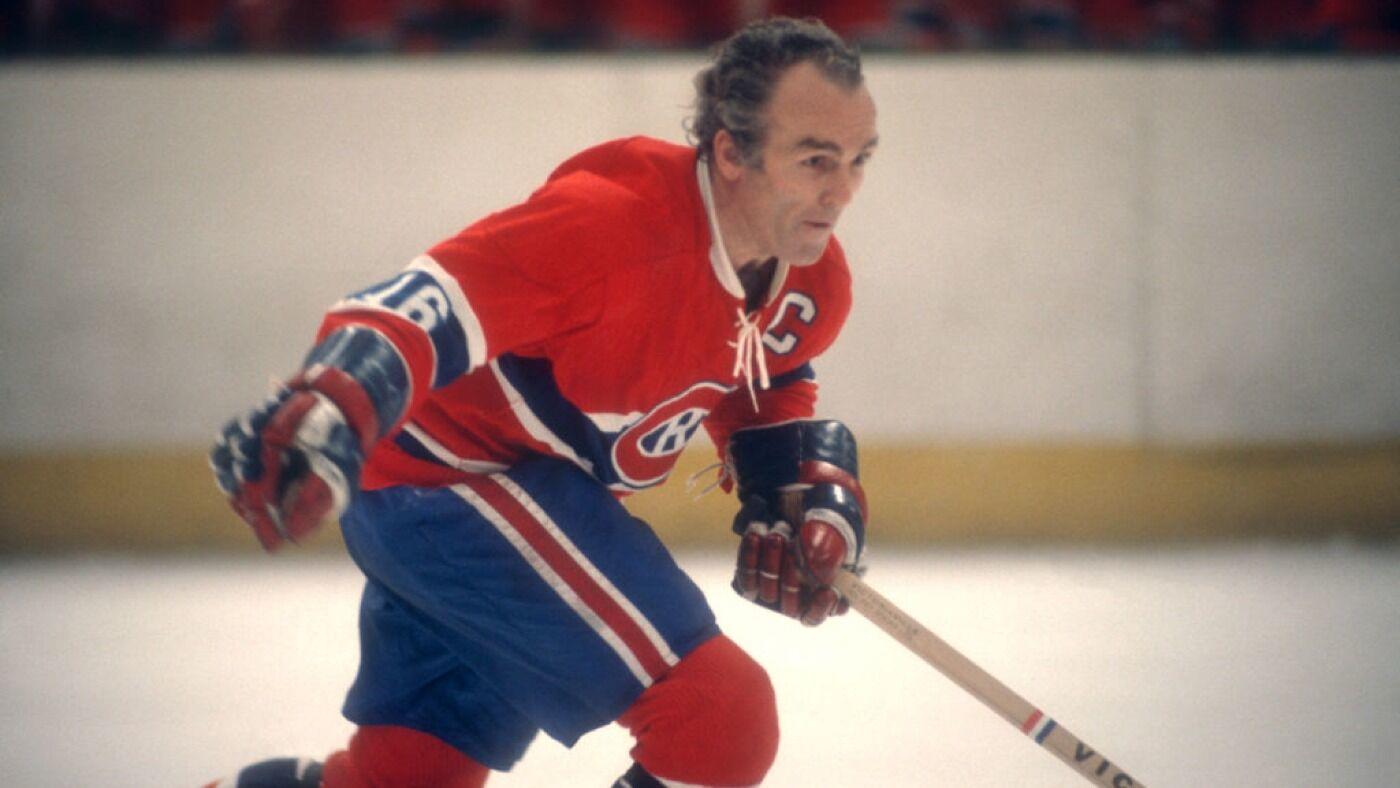
Henri Richard, also known as the “Pocket Rocket,” was a legendary hockey player who won 11 Stanley Cups with the Montreal Canadiens. However, posthumously, it was revealed that he had been diagnosed with chronic traumatic encephalopathy (CTE), a degenerative brain disease linked to repeated head trauma.
CTE is a condition that is often associated with contact sports such as football, boxing, and hockey. It is caused by repeated blows to the head, which can cause damage to the brain over time. Symptoms of CTE include memory loss, confusion, depression, and aggression.
Richard’s diagnosis came after his death in March 2020 at the age of 84. His family donated his brain to the Canadian Concussion Centre at Toronto Western Hospital for research purposes. The results of the examination showed that he had severe CTE.
Richard’s family released a statement saying that they were not surprised by the diagnosis, given his history of head injuries during his playing career. They also expressed their hope that his diagnosis would raise awareness about the dangers of head injuries in sports.
Richard played for the Canadiens from 1955 to 1975 and was known for his speed and tenacity on the ice. He was a key member of the team during their dynasty years in the 1950s and 1960s, winning 11 Stanley Cups in his 20-year career.
While Richard’s diagnosis is certainly concerning, it is important to note that not all athletes who suffer head injuries will develop CTE. However, it is crucial for athletes to take precautions to protect themselves from head injuries, such as wearing helmets and following proper safety protocols.
In recent years, there has been increased attention on the issue of head injuries in sports, and many leagues have implemented new rules and protocols to try to reduce the risk of injury. However, more research is needed to fully understand the long-term effects of head trauma and how it can be prevented.
In the case of Henri Richard, his diagnosis serves as a reminder of the sacrifices that athletes make for their sport and the importance of taking steps to protect their health. While he will always be remembered as a hockey legend, his legacy may also help to raise awareness about the dangers of head injuries in sports and inspire others to take action to prevent them.

